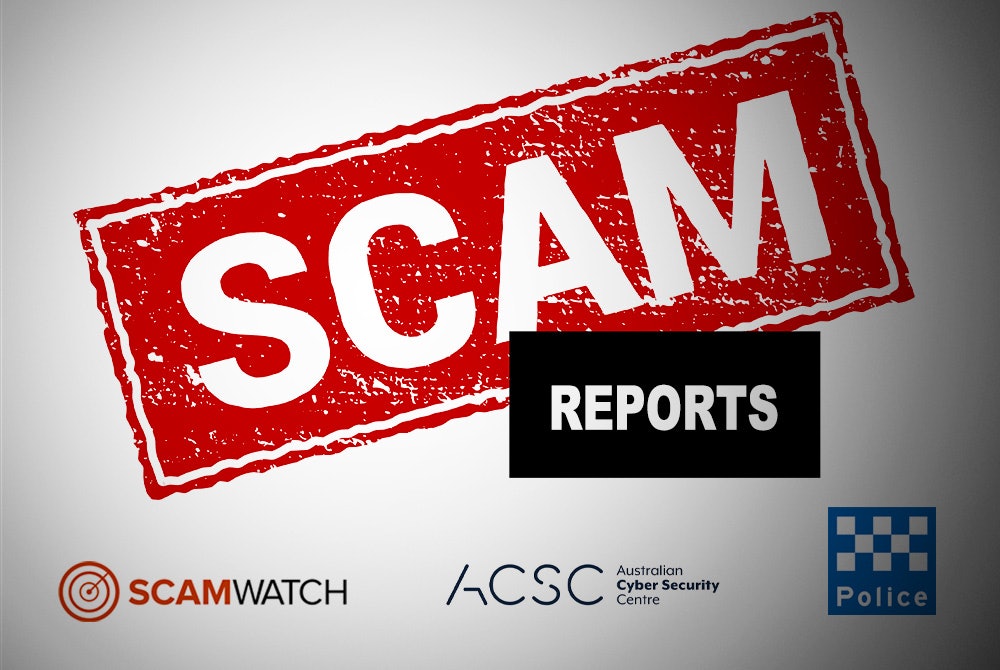In the digital age, music streaming has become the dominant way for people to listen to music. Among the pioneers and leaders in this revolution is buy spotify listeners, a platform that has reshaped the music industry since its inception in 2006. With its expansive library, personalized recommendations, and ability to give listeners access to virtually any song at the tap of a finger, Spotify has established itself as a household name in the world of entertainment.
The Birth of Spotify: A New Era for Music
Spotify was founded by Daniel Ek and Martin Lorentzon in Stockholm, Sweden, with the goal of combating the rampant issue of music piracy that plagued the industry during the early 2000s. The music world had been struggling with illegal file sharing, and record labels were struggling to adapt to the rapid digitization of music. Ek and Lorentzon saw an opportunity to create a legal, user-friendly platform that would provide an alternative to pirated music.
On October 7, 2008, Spotify was officially launched in Sweden and quickly expanded to other European countries, before spreading worldwide. Spotify’s model was simple yet revolutionary—streaming music for free with ads or through a paid subscription with no interruptions. This accessibility, coupled with a vast library of songs, attracted millions of users. By offering both a free and paid version, Spotify democratized music access in a way that hadn’t been seen before.
The Personalization Revolution: Discover Weekly and Algorithms
One of Spotify’s standout features is its ability to provide personalized recommendations for users. The introduction of Discover Weekly in 2015 marked a significant shift in how music was consumed. This feature uses algorithms to analyze your listening habits and create a curated playlist every week, tailored specifically to your tastes. Over time, Spotify’s algorithm has only gotten more refined, offering personalized playlists like Release Radar for new music, and Daily Mix for a blend of familiar and new tracks.
The algorithmic magic behind these recommendations involves complex machine learning models, which not only consider the songs you’ve listened to, but also the time of day, your location, and even the type of device you’re using. These data points combine to create an experience that feels intuitively designed for each user. By offering listeners a chance to explore new artists and genres, Spotify has also helped smaller, independent musicians find new audiences.
The Impact on the Music Industry
Spotify’s business model has had a profound effect on the music industry. One of the most notable impacts is the shift from physical album sales to streaming revenue. Record labels have been forced to adapt, as artists now rely more on royalties from streams than on traditional sales. While some argue that streaming royalties are not substantial enough to support independent artists, the platform has given new talent the ability to gain international exposure without relying on major labels.
Spotify’s role in promoting artists extends beyond recommendations. The platform introduced features like Spotify for Artists, which provides musicians with detailed analytics about their audience, streams, and income. This tool has empowered artists to better understand their fan base and make data-driven decisions about their music and marketing strategies.
Additionally, Spotify’s playlists, such as Today’s Top Hits and RapCaviar, have become the digital equivalent of radio hits. Getting featured on one of these highly-curated playlists can skyrocket an artist’s career, giving them a level of exposure previously reserved for top-charting radio stations.
Spotify and the Future of Music Consumption
As of 2024, Spotify continues to evolve with its user base. The platform has expanded into podcasting, a move that has been integral in its ongoing quest to become a one-stop-shop for all forms of audio entertainment. Podcasts have surged in popularity in recent years, and Spotify has invested heavily in exclusive content by acquiring popular podcast networks like Anchor, Parcast, and The Ringer. This expansion has attracted new users to the platform and helped Spotify stay ahead of its competition.
Spotify has also experimented with new ways to engage listeners, such as the use of AI for music production, partnerships with various media and tech companies, and the introduction of social features like sharing music through stories or collaborative playlists. In the coming years, we can expect Spotify to continue embracing new technologies, like spatial audio and integration with augmented reality (AR) or virtual reality (VR) platforms, to enhance the music experience.
Challenges and Controversies
Despite its success, Spotify has faced several challenges. The platform has been criticized for its payment structure, with many artists claiming that the per-stream royalty rates are insufficient. Additionally, the sheer volume of music available on Spotify—over 70 million tracks—can sometimes overwhelm users, making discovery a hit-or-miss experience.
Spotify has also been involved in controversies related to content moderation. The platform has been criticized for allowing certain artists or podcasts that promote hate speech or misinformation to remain on the platform, leading to debates about the responsibility of streaming platforms in regulating content.
Conclusion: A Soundtrack to Modern Life
In just over a decade, Spotify has revolutionized how people consume music, offering a seamless blend of convenience, personalization, and accessibility. It has reshaped the music industry by challenging traditional business models and giving rise to a new generation of listeners and artists. Spotify’s success has not only influenced the music industry but has also set the standard for other streaming services, from video to podcasts.
The platform’s continuous innovations, from algorithmic recommendations to its growing podcast library, ensure that Spotify will remain a central part of our digital music landscape for years to come. Whether it’s discovering the next big artist or sharing a playlist with friends, Spotify has become more than just a streaming service; it’s a cultural phenomenon that continues to evolve and shape the future of music.


